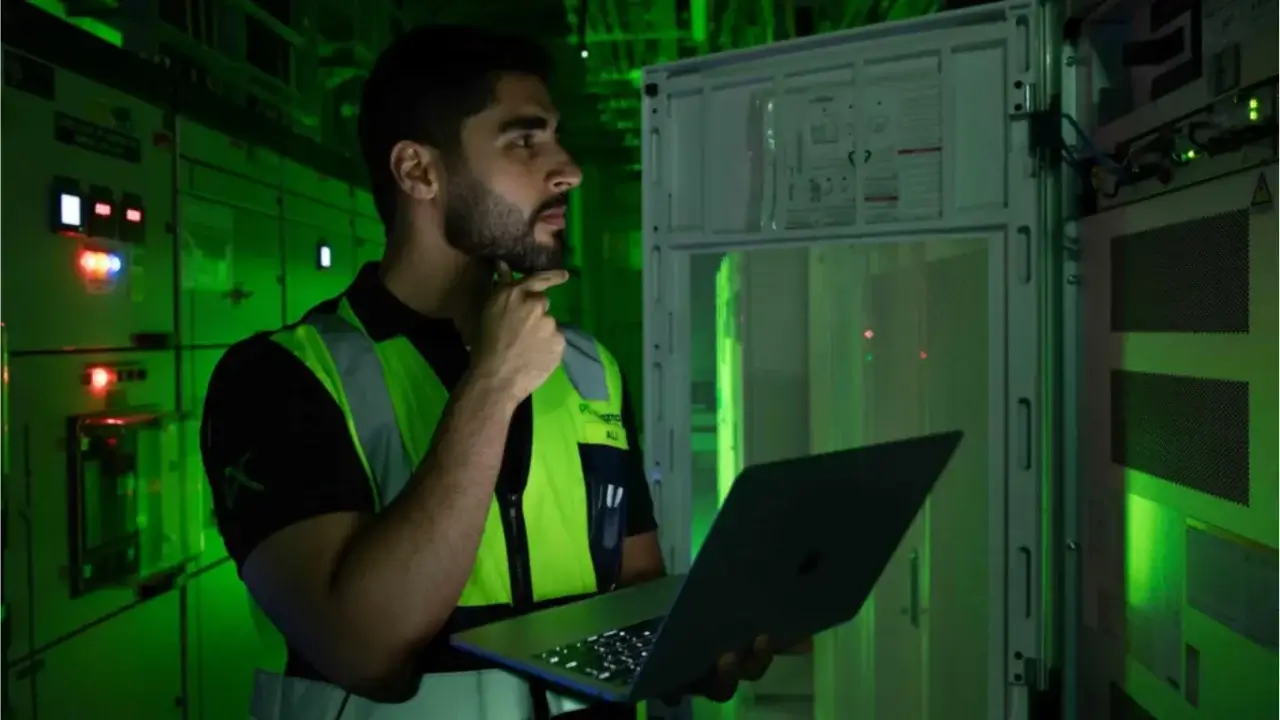Gulf countries are preparing for the post-oil era

The Gulf countries, especially the United Arab Emirates (UAE) and Saudi Arabia, are directing major investments into the field of artificial intelligence (AI), aiming to become a global technological hub. They are leveraging their energy wealth and geopolitical position to develop advanced infrastructure based on high computing power.
The "Stargate" project, led by the UAE, is a clear example of this. The new data center cluster being built in Abu Dhabi is expected to become an important base for the U.S. company OpenAI and other tech giants. The UAE state-linked tech firm G42 is investing in the project, while advanced NVIDIA chips are being supplied by the U.S.
These large-scale projects also reflect the U.S.’s technological interests in the region. During a recent visit by U.S. President Donald Trump to the UAE, the project for the "largest AI campus" was announced, marking a new phase in U.S.–UAE cooperation. At the same time, restrictions on the export of NVIDIA chips to the UAE and Saudi Arabia were eased.
Saudi Arabia is also active in this field: the state investment fund PIF launched a national AI company called "Humain". It plans to establish AI factories based on hundreds of thousands of advanced chips in the next five years.
However, the main problem in the region is the shortage of qualified AI specialists. The UAE is trying to attract international talent through long-term visas, tax incentives, and flexible regulations. As of now, there is still no global-level AI company in the region like OpenAI or Mistral.
While technological cooperation with the U.S. has brought the region closer to the "American AI stack", China remains an important competitor. Taking national interests into account, the UAE has reduced reliance on Chinese technologies such as Huawei.
Read “Zamin” on Telegram!


















